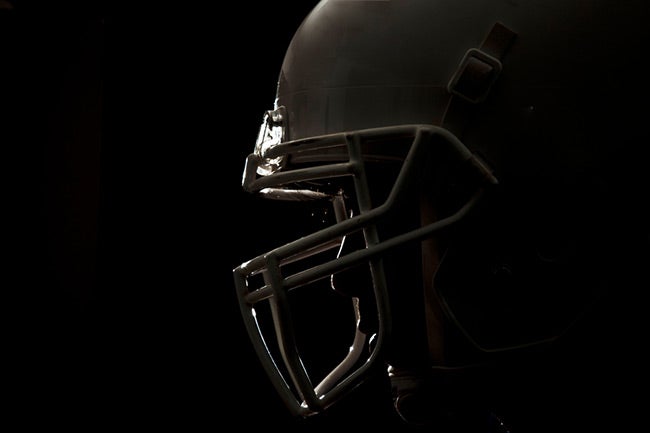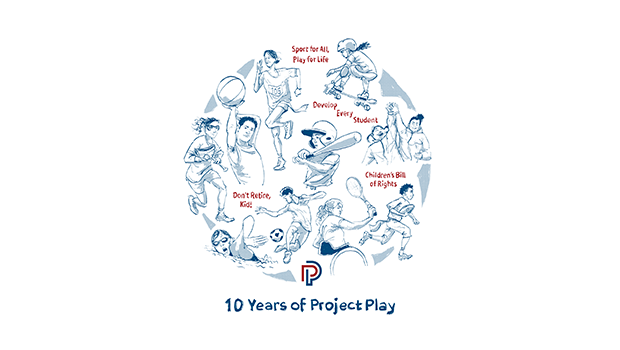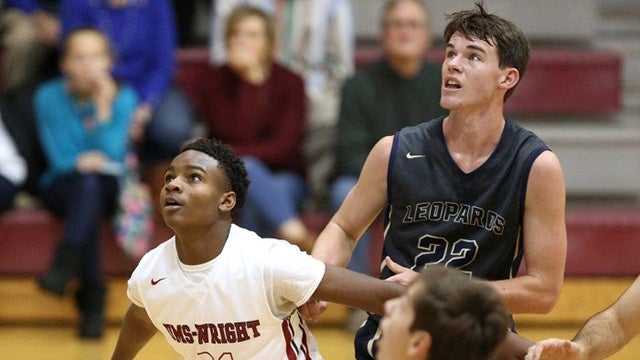Read below for highlights from a conversation we held on the modern athlete-activist. To read more about the professional athletes who risk reputation to stand up for a cause, read our article “What Makes the Modern Athlete-Activist?”.
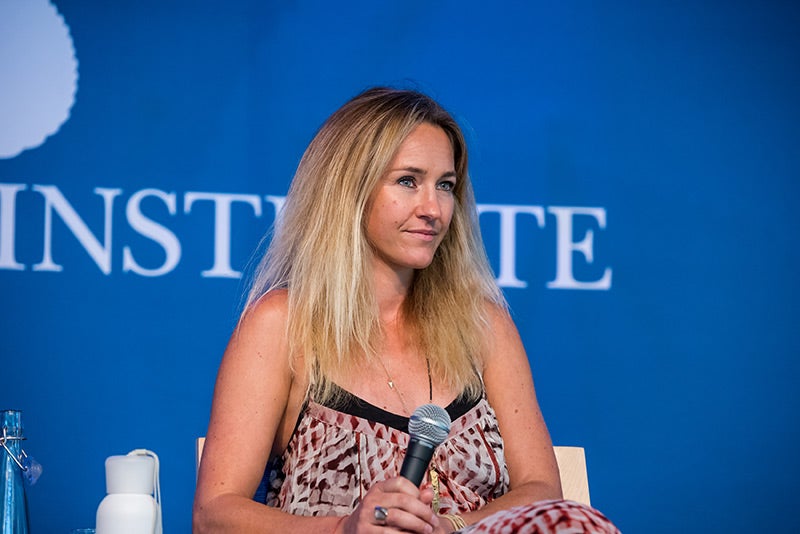
Gretchen Bleiler, professional snowboarder and environmental activist.
Photos: The Aspen Institute/C2 Photography.
“On one hand, [athletes] are these people who carry a lot of weight and influence and can become role model, but at the same time athletes tend to just be cattle. … After a while, I realized I have a voice and opinions and a following and the courage to break out of that role and use that voice.”
“For me, it was a no brainer, because I was seeing [climate change] firsthand and it depoliticized the entire conversation [on global warming] … My passion for what was happening was far greater than my fear of what was going to happen [to me].”
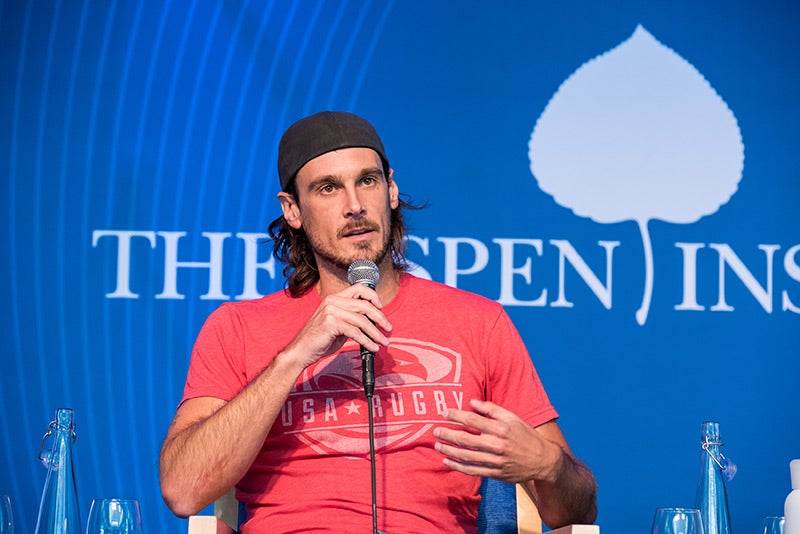
Chris Kluwe, former professional football punter and LGBTQ rights activist
“Athletes are the visible ones — the names and faces you see, but we are not the ones organizing the games, signing the deals. Society as a whole needs to hold these sporting games accountable, these sponsors accountable. If people get up and say 500 million of us aren’t going to purchase these products if they are supporting human rights abuses, then I guarantee that sponsors are going to say, ‘What can we do to fix this?’”
“My special teams coach did not appreciate what I was doing and I ended up getting cut by the Vikings at the end of the year. … I knew this could be one of the consequences and I hoped it wouldn’t be — but it was a consequence I was willing to take.”
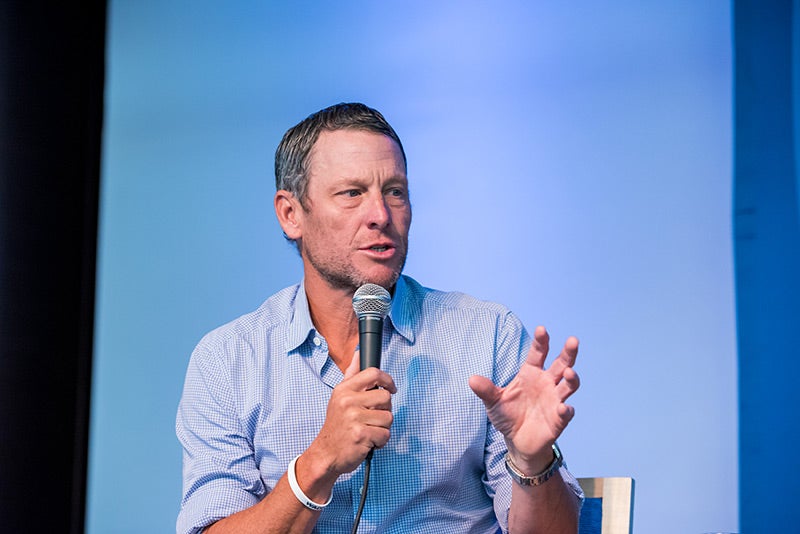
Lance Armstrong, former professional road racing cyclist and cancer care activist
“If we raised a thousand bucks and it helped one person than I would have been good with that. But we raised $500 million and helped (many) people. Because the story is complicated, people have taken the cycling side and complications around that and have forgotten the lives that were positively affected.”
“Mine is a complicated story (due to doping allegations, later admitted to). People said, this guy is up to no good, so he is thinking he has to do something to distract and gloss over the story. But the day I was diagnosed with cancer in 1996 was the day I decided to start this foundation. I had a dozen sponsors who thought it was a great cause and offered no resistance. Then in 2004, Nike brought to us the yellow wristband and that gave us a social movement.”
Join the conversation by following us on Twitter at @AspenInstSports and on Facebook.
